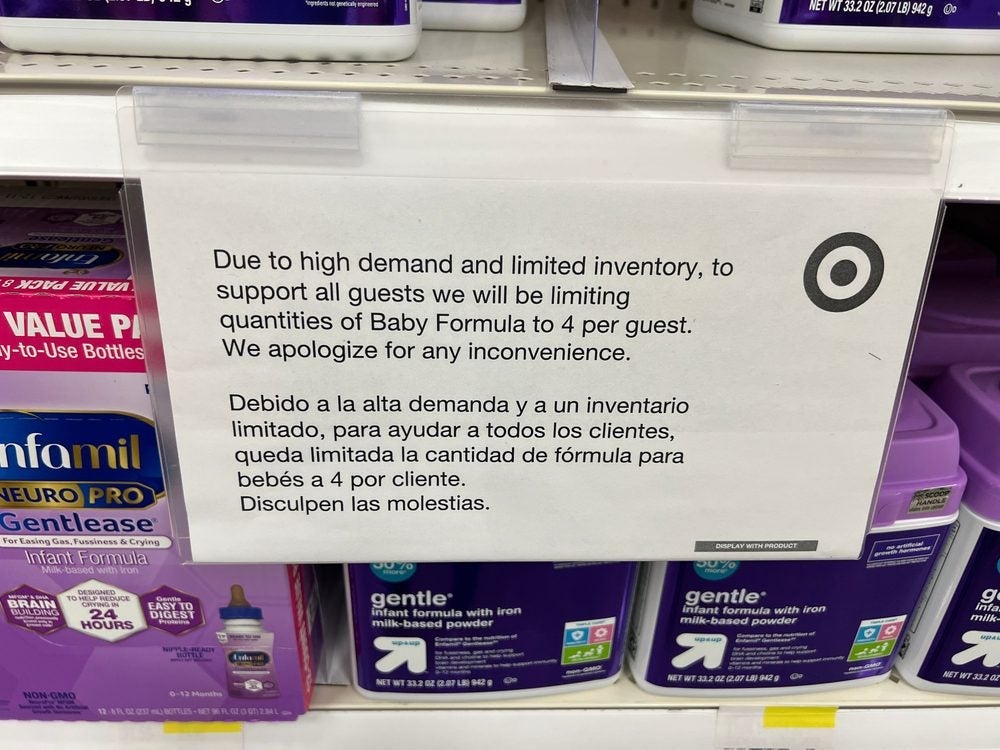ConsumerInfo.com, MetaReward, Cheetahmail, LowerMyBills.com, ClassesUSA, and Affiliate Fuel all have something in common, and it isn’t email, CPA, or “dot com”. The answer is their now parent company, Experian. While Experian formally announced the creation of its Interactive Division with its purchase of LowerMyBills.com earlier this year, the credit giant actually got its start in the online direct marketing space with their 2002 purchase of ConsumerInfo.com. They purchased the site from beleaguered Homestore.com for $130 million, adding a service, one that sold credit reports to consumers, more fitting for the credit company than the realty site. And unlike their rival credit bureau Equifax, whose online story we outline in this week’s Trends Report, Experian is poised to make a big impact on the Internet advertising space.
Rupert. Rupert. Rupert. His News Corp. earned upwards of $20 billion in revenues last year, and he paid an incredible $580 million for a teenybopper site. Yet those were only part of the reason behind the Intermix press. The real story lies in how the company might leverage the online traffic hub to benefit the company’s powerful offline content. That story, like Mr. Murdoch and his empire’s partisanship, while fascinating, will impact users of MySpace.com more than it will the Internet advertising world at large. In other words, once the dust settles, it is business as usual. That purchase is really just a strong wind on a dusty field – it looks like something substantial, but it will leave the landscape unchanged. Experian, on the other hand, they could be a tornado – a true force of nature that could completely change how we do business. As evidenced by the insignificant coverage their $380 million purchase of LowerMyBills.com received, Experian’s impact will likely be subtler, akin to the tectonic plates – capable of altering the environment but whose biggest moves often cause barely a ripple.
We as consumers know Experian for their credit-reporting role. They along with two other credit bureaus determine our future. Their scoring system, while based off the FICO score developed by Fair Isaac, remains a mystery, and the same is true regarding who accesses our financial history. That topic, however, will have to wait for another day. Of interest here is not just that they manage credit information on 215 million US residents but that they know how to make money off them. Experian provides address information for more than 20 billion promotional mail pieces to more than 100 million households every year. In other words, they get direct marketing, and with the acquisitions of MetaReward in December of 2003, and Affiliate Fuel in April 2005, they no doubt are starting to understand how direct marketing online works.
With MetaReward, Experian gained technology that allowed them to not just track actions but to track them back to the user. While they haven’t leveraged the technology’s uses, which range from cash-back for actions to underwriting promotional items, they will undoubtedly do so. MetaReward also gives Experian ties to some of the higher dollar direct marketers, a decent lead list for their other direct marketing businesses, Cheetahmail, which Experian acquired in 2004. Unlike Naviant, Cheetahmail does not send offers out to an in-house list; they merely provide other companies with list management and email marketing capabilities. It’s a business that compliments and enhances Experian’s already strong offline direct mail business.
Affiliate Fuel doesn’t offer Experian any new technology, but it does provide the company with an active self-service distribution model for high value leads. It also provides the company a platform by which it can role out and get distribution for its own advertisements, and LowerMyBills represents the first such advertisement. LowerMyBills already has incredible distribution on the web; they show more impressions than almost any other advertiser. As their stats, and a visit to Yahoo or MSN will show, LowerMyBills also has one of the net’s best creative departments. Seeing as the company couldn’t easily buy any more media, Experian, this week, began smartly leveraging its new found affiliate knowledge and distribution channel to continue the product’s growth.
The combination of advertiser and distribution channel doesn’t necessarily lead to a competitive advantage in the space, though. Many of the best players in our space have that. Because of their credit business, though, Experian does have one almost anti-competitive edge. The lead business, as we experience daily, comprises the offer, distribution, and selling of the data. Success comes from having high converting ads and landing pages, high volume for each, and the ability to sell the data for as much as possible. Those in our space have control over the design, conversion, and distribution. Those outside of Experian can only guess at the last part, the value of the leads. For that we rely on buyer feedback, which we use to segment data sources in hopes of optimizing backend conversions. This cycle repeats and we hope it leads to ever increasing lead prices. The key point, though, is that we do not have real-time data regarding the quality of the lead. We must guess, and as a result we either dilute the good with bad or overlook the good in the bad. Not Experian.
By having credit data at their fingertips, Experian knows the quality of the buyer. With mortgage, for instance, the accuracy of self reported credit is typically low. We must take what users say as fact and wait. Experian doesn’t have to guess. They can use real credit data to check against user-inputted data. Since credit plays a key role in what type of loan a person will get, it ultimately plays a role in how much that lead is worth. What’s more, the credit check is also one of the bigger upfront costs for the buyers of leads, something Experian can tack on to the lead if they wanted to at a discounted rate which helps insure that the credit check business goes their way and not to the competitors.
Education is already one of Affiliate Fuel’s strengths, so by having more education offers, courtesy of ClassesUSA, they can lure even more business away from others and boost the amount both they and ClassesUSA bills. Like mortgage, the real value of the education lead is in the backend close rate. While not obvious, the person’s financial situation and place in life play a key role. Experian has a better chance than any at getting a sneak peak into their leads’ life situation. Experian not only stands a chance at improving enrollment rate but will also have a chance to sell directly or indirectly other services to the potential students. They might even choose to cross promote and offer refinancing as a way of paying for education.
My take on the value, and thus threat, Experian brings might be off. What is safe to say is that with five purchases in less than twenty-four months and three this year alone, chances are Experian will continue to quietly acquire players in this space, although it might not be until late Q3 or Q4 so they can hone existing operations. What will they buy? Experian does not have a network, so it’s feasible, albeit remotely, that they might choose to enter that route, buying up a TrafficMarketPlace for example. They might choose to enter other lead generation categories or acquire another service provider like Cheetahmail that can help benefit their offline data business. Chances are, and what would make for the best bet, is for them to acquire LinkedIn or a similar variant in the high value social networking arena. The activity doesn’t seem related to lead generation, but it, like refinancing and considering going back to school, involves people at times of big decisions.
One thing seems for sure. Unlike Equifax’s Naviant whose group of companies had the style but not the substance, the companies of Experian don’t just look good, they are good, and they have potential to be even better the more they can work together. Just like the credit industry which they control, Experian’s online division appears to be in a position to take control of another industry, and like the credit division, operate from behind the scenes just as the wizard did in Oz. Our job is to expose the wizard.
 Network
Network

